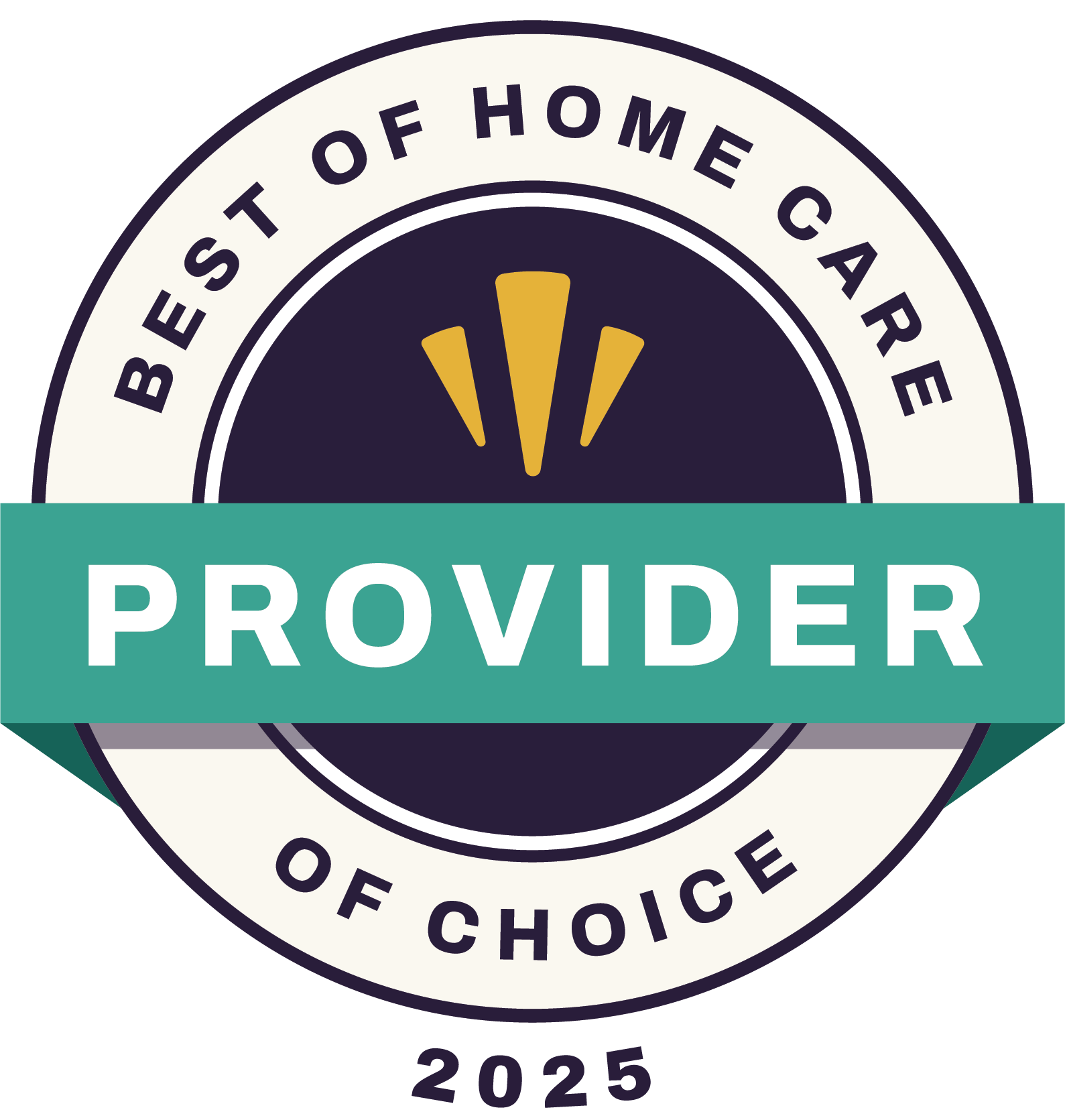6 Tips for Dealing With Sundowning and the Resulting Sleep Issues
As implied by the name, sundowning is a group of symptoms that typically affects people with dementia during the later stages of the day. It's characterized by confusion, anxiety, restlessness, irritability, and sometimes even aggression. Although it often starts in the afternoon, it can worsen and continue late into the night.
Sundowning
Notably, the exact cause of sundowning is currently unknown. That said, some factors can trigger or contribute to worsening symptoms. They include:
- Fatigue
- A disrupted sleep cycle
- A disrupted internal clock
- The shadows associated with the later parts of the day
- Pain
- Boredom
- Unmet needs
- Loud noises
- Overall discomfort
- Sickness and underlying infections
- An unfamiliar environment
- Changes in caregivers
If the person is prone to sundowning, there are some ways to help ease and prevent the symptoms, including:
Sticking to a Routine to Address Sundowning
Try to account for all parts of the day in your routine so you can give your loved one a sense of normalcy. This includes their bedtime, when they wake up, when they have their meals, and even the physical activities for the day. Also, if there are any daytime naps, include them as well.
Notably, a familiar routine will also allow them to relax, since they know exactly what comes next and there are no stressful surprises. Ensure the routine reinforces your loved one's circadian rhythm (internal clock). For instance, scheduling a nap late in the afternoon is a bad idea since it can lead to trouble sleeping at night.
Additionally, time spent in the sun in the afternoon can influence the circadian rhythm as it reminds the body that it's still daytime.
Watch the Patient's Diet
Coffee and sugar can be problematic, especially if taken at the wrong time of the day. As such, limit intake to the mornings or eliminate them altogether, allowing the person in question to sleep better and feel better overall. It can also help maintain the circadian rhythm and reduce the chances of a sugar or caffeine crash.
Alcohol is just as problematic or even worse, as it can increase confusion and worsen sundowning symptoms.
Ensure the Environment Is Comfortable and Familiar
As mentioned above, an unfamiliar environment is especially problematic. As such, even if you're moving your loved one to a care facility, ensure to pack things that make them feel at home. Examples include their favorite pillow or blanket, family pictures, their favorite soap, etc.
Darkness can also make them feel like they're in an unfamiliar setting. As such, investing in a night light may be a good idea. That said, ensure it's dim enough not to cause problems with your loved one's sleep cycle.
Reduce Stimulants and Stressors
The coffee and sugar we mentioned above may fall into this category. However, there are others as well that include TV, loud noises, clutter in the room, etc. Anything that's potentially upsetting should be done away with.
This applies especially to the evenings when the patient is preparing for bedtime. Additionally, playing soothing music can help them relax and keep them from thinking about stressors in their environment.
Notably, the shadows associated with the late afternoon sun can also cause confusion. Consequently, you might want to close the blinds at dusk and turn on some lights. Nevertheless, you still need to consider the types of lights you use and how long they should stay on.
Listen to Their Issues
You might find the solution to the sundowning issue by just listening. Even if there is some decline in the patient's mental capacity, they may still be able to articulate the problem. This is especially true regarding their unmet needs.
Listen to them, and if you can't solve their concerns, distract them with activities like music and brain exercises. Listening could also inform you of any underlying health conditions causing the sundowning symptoms. Nonetheless, you'll likely need to speak to a doctor before you can do anything about it.
Medication
This is another solution that requires the input of a doctor. A small dose of melatonin can help the patient sleep better. Nevertheless, this only works when used with the other measures mentioned above, including the routine and curating the patient's diet.
Learn More About Sundowning and the Resulting Sleep Issues
If your loved one is struggling with sundowning symptoms, our team at Elite Home Care can help. Contact us for more information.
Written by: Leah Ganz
Leah Ganz, RN, BSN is the Director of Patient Services at Elite Home Health Care. She has an extensive background in homecare and previously worked in various specialties including pediatrics, pain management and internal medicine. She oversees all patient services across Elite's departments.



